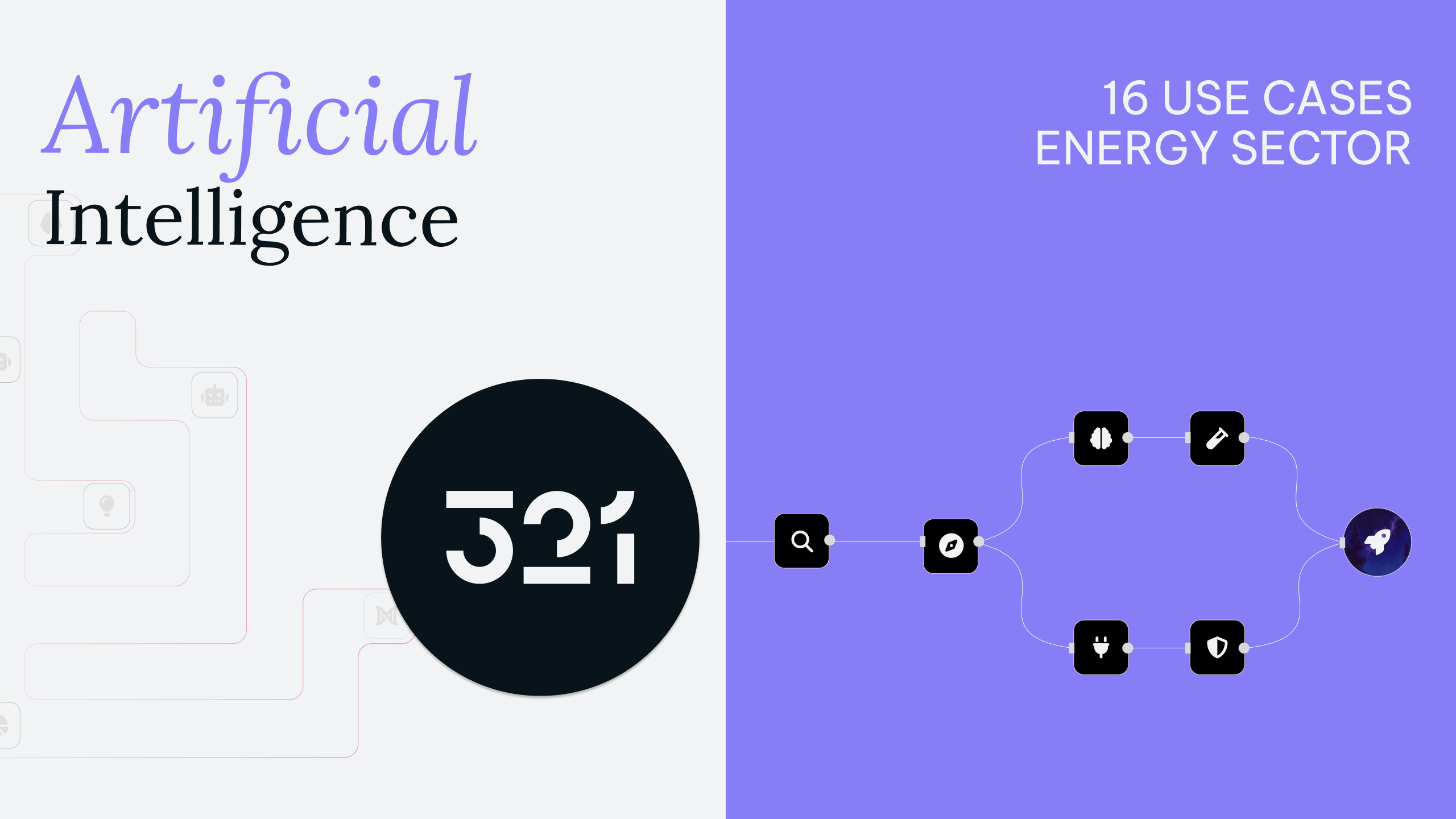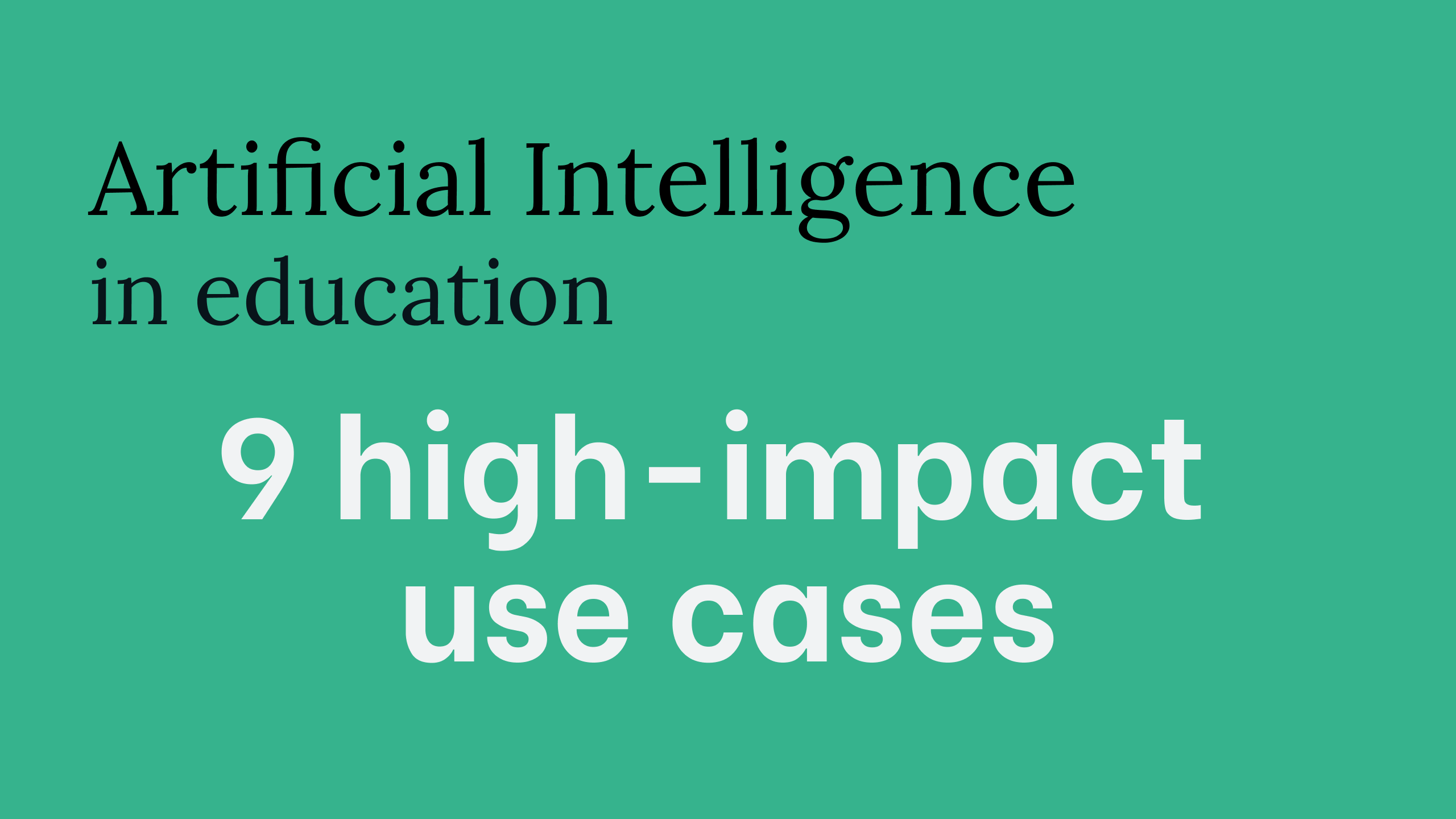Ranking of French Venture Capitalists
Why a VC ranking?
In the startup world, choosing the right funding partner can spell the difference between meteoric growth and a launch that never takes off. A ranking of venture-capital (“VC”) funds helps founders identify the best players, gauge their risk appetite, and estimate how many euros they can hope to raise at each stage: seed, venture, or growth.
Methodology: objective metrics to assess performance
To build a credible leaderboard, several yardsticks are cross-checked: amounts invested (in millions of euros of equity), number of recent deals, portfolio quality, profitable exit rate, and make-up of the management team. The scoring can also include social criteria, for example ESG commitment, which institutional and private-equity investors are watching ever more closely. In the end, a synthetic score makes it easier to compare firms that sometimes do not disclose exactly the same figures.
The key role of equity and private capital
Unlike debt, equity brings investors into a company’s capital, aligning their interests with long-term growth. Private-capital and venture funds accept higher risk but bet on exceptional returns: a single “home run” can repay an entire vehicle and deliver outsized performance to LPs.
Networks: the influence of LinkedIn and social channels
In the attention economy, reputation is built on visibility. Founders scan partners’ LinkedIn feeds to gauge how close they are to entrepreneurs and what introductions they can make to other investors or enterprise customers. Social media has therefore become a differentiation arena: a VC who shares use cases, lessons learned, or job openings multiplies touchpoints and reassures top talent.
Sector trends: where are funds investing in 2025?
Hot sectors remain climate tech (batteries and hydrogen), generative AI, cybersecurity, and digital health. Early seed rounds are booming, often between €800 k and €3 m, while Series B rounds commonly hit €40 m to €100 m. The most active VCs happily invest outside France to stay competitive and diversify their portfolios.
How do companies rate a fund?
Beyond the cheque, a company looks for partners who can help with hiring, product strategy, and expansion in Europe and the US. Team quality, transparency on risk management, and speed of decision-making are decisive criteria. A VC boasting a solid investment track record and a strong presence not only in Paris but also in the world’s main hubs reassures founders.
Choosing the right ally for growth
This 2025 ranking confirms the maturity of the French ecosystem: established names Partech, Sofinnova Partners, Seventure Partners—now coexist with younger, highly specialized outfits. In every case, capital is still the lifeblood, but so is hands-on support: business introductions, product help, access to global networks.
Whether you’re a deep-tech startup at seed, a SaaS scale-up in Series C, or an industrial company pivoting, the watchword is the same: partner with investors who share your values and vision, because a VC partnership is often a ten-year marriage. Well prepared, it can catapult your business into rapid, sustainable growth and maybe one day your name will also appear in the ranking of companies that turned innovation into global success.
Spotlight on French venture-capital leaders
Partech: global capital serving startups
Founded in 1982 and now based in Paris, Partech manages more than €2.5 billion in equity across seed, venture, growth, and impact vehicles. Its portfolio counts over 220 companies active in B2B tech, fintech, and digital health. The fund writes cheques from seed all the way to €40 m at growth stage, making it one of the best partners for entrepreneurs seeking long-term support in European and global markets. Its multicultural team, spread across France, Germany, Africa, and Silicon Valley, stresses responsible growth and data-driven innovation.
Sofinnova Partners: life-sciences specialist
Born in Paris in 1972, Sofinnova Partners now oversees more than €4 billion in assets and tops European biotech and medtech investor rankings. From seed to late-stage rounds, the fund backs breakthrough startups targeting human health and sustainability. In 2025 it closed another €1.2 billion to support the new generation of deep-tech companies, confirming its role as “partner of choice” for entrepreneurs taking big scientific bets.
Seventure Partners: microbiome and digital pioneer
Backed by the BPCE group, Seventure Partners claimed nearly €780 million in AUM at end-2024. From Paris, the team focuses on “health, food & nutrition” as well as cybersecurity and retail tech. More than 250 companies have already received its funding, including microbiome leaders. Seventure stands out for a network of co-investors, industrial partners, and social-media programs especially on LinkedIn that serve as real business entry points for founders.
Omnes Capital: private-equity/venture alloy serving the transition
Former BNP Paribas subsidiary Omnes Capital manages €6.7 billion and combines private infrastructure, equity, and venture. At the core of its offer: a €650 million deep-tech fund dedicated to hardware startups, climate, and Industry 4.0. Its DNA remains high-impact investment in energy and sustainable cities, with very hands-on support staffing, industrialization, go-to-market to accelerate companies first in France and then worldwide.
Alven: the “founder-friendly” house
Independent for twenty years, Alven has raised five successive funds and backed more than 130 B2C and SaaS startups. Tickets range from €500 k in seed to €15 m in Series B, with a strong focus on product tech and marketing activation via social networks. Alven’s performance rests on a tight-knit team highly active on LinkedIn, positioning itself as a strategic sparring partner rather than just a financial investor key for entrepreneurs in hyper-growth.
Kima Ventures: the early-stage “deal machine”
The investment arm of Xavier Niel, Kima Ventures remains the world’s most active business angel, financing two startups a week with fixed €150 k seed tickets. Kima acts as a catalyst: brand effect, access to a vast network of mentors and co-investors, instant social-media visibility. Its ultra-fast approach lowers funding friction for very early-stage companies while stamping a first seal of credibility on seed rounds in France and Europe.
These six players illustrate the diversity of France’s venture-capital ecosystem: tickets from €150 k to more than €50 m, multi-sector exposure (deep-tech, climate, health, SaaS), and hybrid strategies blending pure equity, private deals, and operational support. For founders, choosing the right partner is not just about the amount: it is about aligning ambition, team, growth, and risk management to turn investment into genuine business success.




